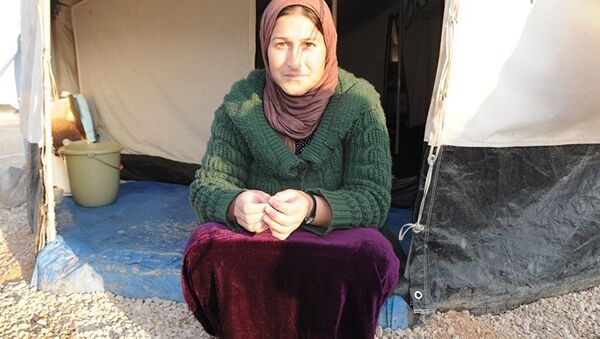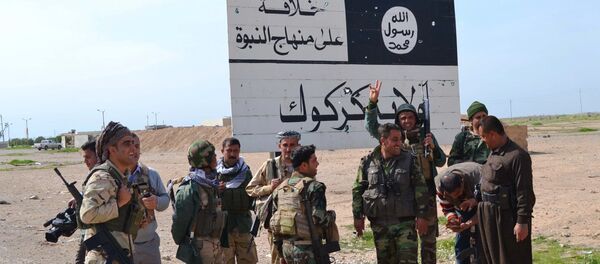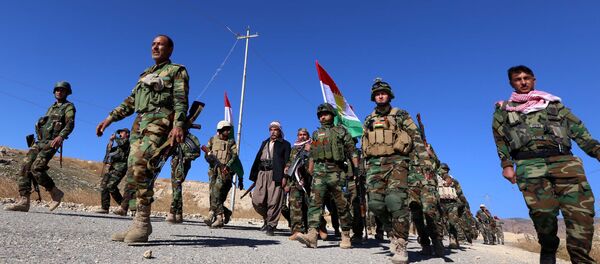After taking control of the town and the surrounding areas, Daesh terrorists massacred 5,000 Yazidi men and took thousands of people hostage.
More than 40,000 Yazidis were forced to flee to the Sinjar mountains, where they were surrounded by Daesh forces and dependent on helicopter drops of food and water.
Since the massacre and kidnappings at Sinjar, rescue operations have managed to free more than 2,600 hostages, mostly women and children.
A rescue operation by Kurdish People's Protection Units managed to free hundreds of Yazidis being held captive in northern Raqqa, and Kurdish Peshmerga fighters also freed hundreds who were being held by Daesh in Mosul.
"Most are in Syria where Yazidi women and girls continue to be sexually enslaved and Yazidi boys, indoctrinated, trained and used in hostilities. Thousands of Yazidi men and boys remain missing," the Un wrote.
On November 14 2015, Kurdish fighters liberated the city of Sinjar from Daesh, and regained control of most of the surrounding villages.
However, Daesh fighters remain in some villages, and Yazidis who survived the attack remain in refugee camps, fearful of returning home to Sinjar as they are afraid of more terrorist attacks.
The Yazidis say they won't feel safe in Sinjar until nearby towns like Tel Afar and Mosul, 40km away, are no longer under Daesh control. The Yazidis' Sinjar Resistance Units, which took part in the November 2015 operation to liberate Sinjar from Daesh, are keen to also take part in the operation to liberate Mosul.
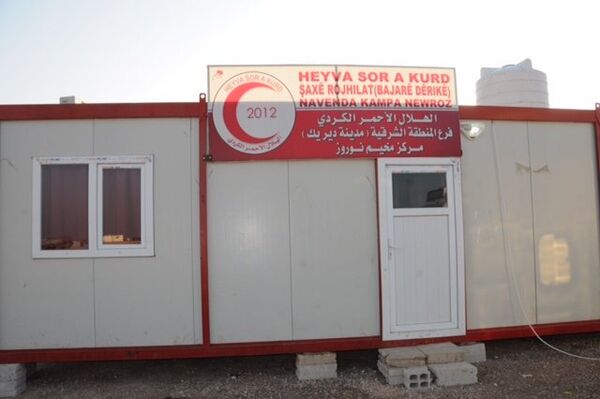
Sputnik's correspondent visited a refugee camp in Derik, where refugees told him that they want to return to their home town, when it is safe enough.
"We are not ready to return to our town and villages until the surrounding region and Mosul are freed, because Daesh can attack at any moment. When they liberate Mosul and all the surrounding regions of Sinjar, then we'll return," Rosa Muhamed told Sputnik.
Rosa said that she and her children were forced to flee the terrorists on foot.
"We walked for several days, I still feel ill when I think about it. Daesh are still holding hundreds of our friends and relatives. Some of them were released for money," she explained.
"Now we're living in a camp, but we are like living dead, because all our relatives are in different places. Some are in Iraq, some had to flee to Europe or other countries. The Iraqi and Kurdish governments are not thinking about us. When the mass killings started, the whole world defended us. Now they have forgotten about us," she said.
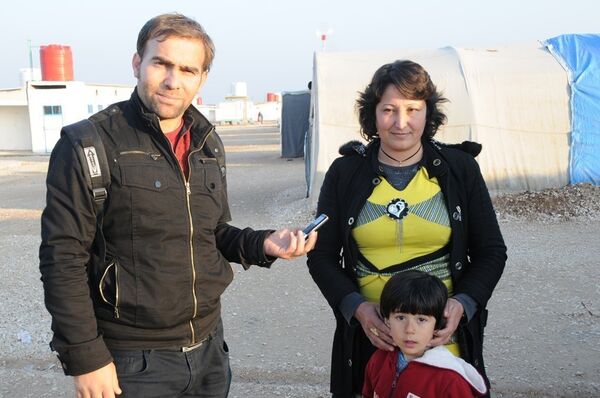
"The town has been freed, but the surrounding areas are still under the control of Daesh. Here only the managers of this camp are protecting us, nobody else is thinking about us," she said.
"On August 7 2014 my husband, five children and I were brought to the camp at Derik. As we were escaping, our daughter was shot and killed by Daesh. It was very hard for us to get here. We still cry often, because we cannot forget the murder in Sinjar, we are in constant pain and sorrow. Our women and children are kidnapped by Daesh militants, raped and sold. Many girls who were raped, killed themselves," Rekhime said.
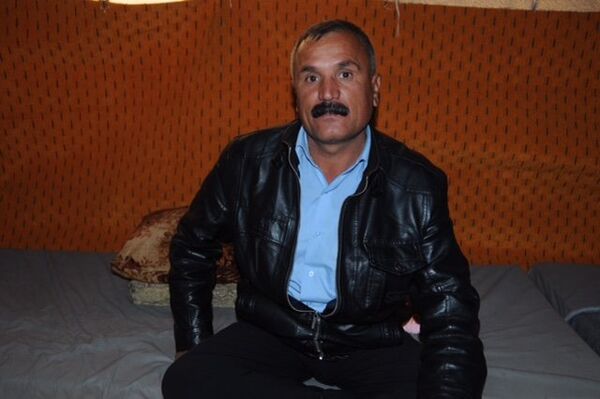
Former Sinjar resident Jasham Venna told Sputnik that he wants return to the region of Sinjar with his family.
"My wife, ten children and I arrived at the refugee camp on August 8, 2014. I left my family here, and went back to Sinjar to fight against Daesh," he said.
"We want to return to our towns and villages as soon as possible. (However), we will not return to the city, because it is in ruins. There aren't many people living in the center of Sinjar, because the conditions are not suitable for living there."
Venna said that the allied groups which drove Daesh from the city in November, are yet to agree about how the area should be governed.
"There are also problems with the leadership of the city, there are a lot of different armed forces such as the Peshmerga, the Sinjar Resistance Units, the People's Protection Units and others. They can't agree among themselves, and this problem inevitably affects our return," Venna said.

